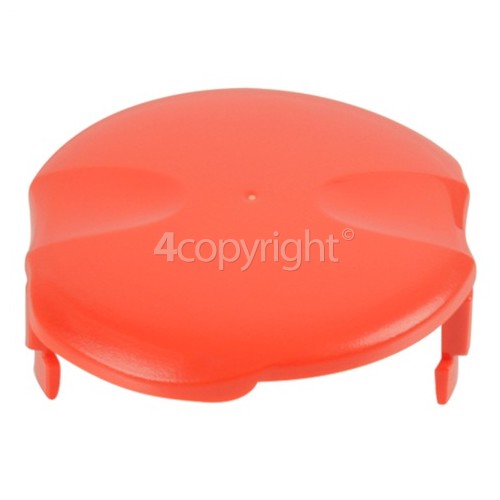
On the which/that distinction, see Arnold Zwicky’s long and interesting followup.
HAT ON HEAD UNPACKING FREE
I disagree to me, it’s reminiscent of the alleged “which/that” distinction, of which Arnold Zwicky says “authors who recommend it routinely violate it and… the facts of usage are squarely against it.” People who think language should be a certain way even though it’s not, even in their own usage, are perfectly willing to condemn their own usage and say “it’s wrong, I won’t do it again…” You can’t depend on users’ judgments in these matters, you have to look at the facts of usage, and based on what I’ve seen at the Log, one meaning of unpacked is ‘(still) packed.’ The fact that it contradicts the older meaning is irrelevant context will disambiguate, just as it does with other self-contradictory words like sanction.īut I’d like to know what others think, and since there’s no comment function at the Log, feel free to express yourself below.Īddendum. Geoff’s response is that this shows the usage is a performance error he doesn’t want to call it a part of English unless its users acknowledge it as such. One was a fact-checker at The New Yorker, who thought it was fine, still thought it was fine when I asked about unpacked, and only when I said, “the issue is that unpacked is here being used to mean ‘packed'” did he say, “Oh, yes, that doesn’t make any sense at all.”

I’ve asked several more people with my constructed sentence, who continued the trend of not having a problem with it. When I first asked him he didn’t see a problem, but when I pointed out unpacked he paused for a very long time, then said, “It’s a mistake,” and, in a manner typical of linguistic conservatives, he said, “I wouldn’t have noticed it, but it’s wrong, I won’t do it again, I’ve learned something, it’s my editor’s fault,” etc. The only one I managed to reach was John Derbyshire, who wrote the line I quoted from National Review, so he’s conservative, and spoke with a very plummy RP British accent. I did try to contact the authors of the quotes I provided.


It seems people very often say and write “unpacked” when logically they should be using “packed” the example Geoff Nunberg brought up in the first post is from the New Yorker: “They had only just moved in their boxes lay on the kitchen floor, still unpacked.” As Geoff says, “it can be hard to spot, even when you’ve been tipped off in advance to look for it.” (Dan Menaker noticed it after three other editors at the magazine had missed it.) Mark Liberman then discovered that it was an extremely common error, and Jesse Sheidlower of the OED pointed out (in Geoff’s latest post) that it may not be an error at all in his words, “ unpacked doesn’t mean what you think it means.” Geoff suggested that the “decisive question… would be whether the writers of these passages would defend the usage if the apparently anomalous use of unpacked were pointed out to them.” To which Jesse responded: Language Log has been investigating a very interesting situation.


 0 kommentar(er)
0 kommentar(er)
